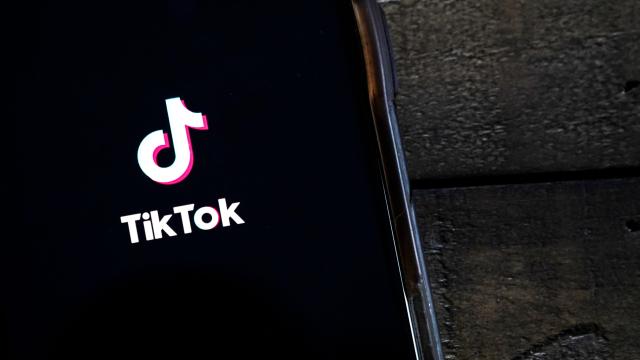TikTok has agreed to fork over $US92 ($116) million to settle a U.S. class-action complaint regarding alleged privacy violations, including claims that the app and its predecessor, Musical.ly, collected personal data without users’ consent for tracking and ad targeting purposes.
The proposed settlement, which lawyers in the case estimated to be one of the largest privacy-related payouts in the U.S. to date, would include nearly all U.S. TikTok users and follows 21 class-action lawsuits that alleged TikTok engaged in a slew of scummy data harvesting tactics. The suit claims TikTok broke federal cybersecurity and privacy laws, including the Computer Fraud and Abuse Act and Video Privacy and Protection Act, along with several state-mandated consumer protection laws in California.
It purportedly used facial recognition technology to quietly collect users’ biometric data such as their ethnicity, gender, and age under the guise of a preventative measure to keep minors off the app (The company has already paid out millions in fines and settlements after reports that it illegally collected and sold young users’ data). The suit also claims TikTok collected “highly sensitive personal data” without users’ permission and then sold that data to third-parties.
TikTok has denied this most recent lawsuit’s allegations and claims it agreed to the settlement to avoid a drawn-out legal battle.
“While we disagree with the assertions, rather than go through lengthy litigation, we’d like to focus our efforts on building a safe and joyful experience for the TikTok community,” a TikTok spokesperson said in a press statement to multiple outlets.
Under the settlement’s conditions, TikTok has agreed to remain in compliance with applicable laws and refrain from hoovering up any user data that isn’t explicitly disclosed in its privacy policy. That includes recording user’s biometric information, collecting GPS or clipboard data, and sharing U.S. users’ data overseas.
The proposed settlement is set to go before U.S. District Judge John Lee of the Northern District of Illinois for final approval, per NPR. TikTok did not immediately respond to Gizmodo’s request for comment.
